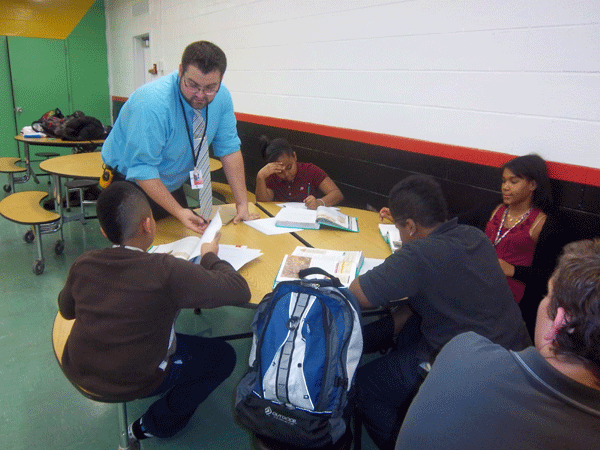The importance of encouraging young children to develop early reading skills is widely known. Reading is considered the gateway to learning. Numerous studies have shown that a child’s  reading skills when he enters kindergarten are a strong predictor of his later academic achievement. But the best predictor of a child’s later academic success is not reading skills but early math skills!
reading skills when he enters kindergarten are a strong predictor of his later academic achievement. But the best predictor of a child’s later academic success is not reading skills but early math skills!
A large-scale 2010 Canadian study reinforced the findings of an earlier well-known 2007 study by University of California education professor Greg Duncan, School Readiness and Later Achievement. Duncan and his colleagues compared children’s math, reading and social-emotional skills when they entered kindergarten to their academic success as they progressed through school. The educators found that children who entered kindergarten with a good grasp of early math concepts such as counting, number recognition and ordinality were more successful academically than children who entered kindergarten with high literacy or social/emotional skills. While researchers have proven the value of early childhood math skills, they do not yet know what math skills are a better predictor of academic success than other skills.
As a result of study findings, preschool programs are increasing their emphasis on math skills. A recent Vanderbilt University study found that increasing math instruction by just 2%, from 2% (the national preschool average) to 4%, produced significant gains in preschoolers’ math skills. Parents can encourage the development of early math skills in their children by incorporating counting, sorting and number recognition in daily activities and play.
Next time: Fun activities to increase your preschooler’s math IQ






